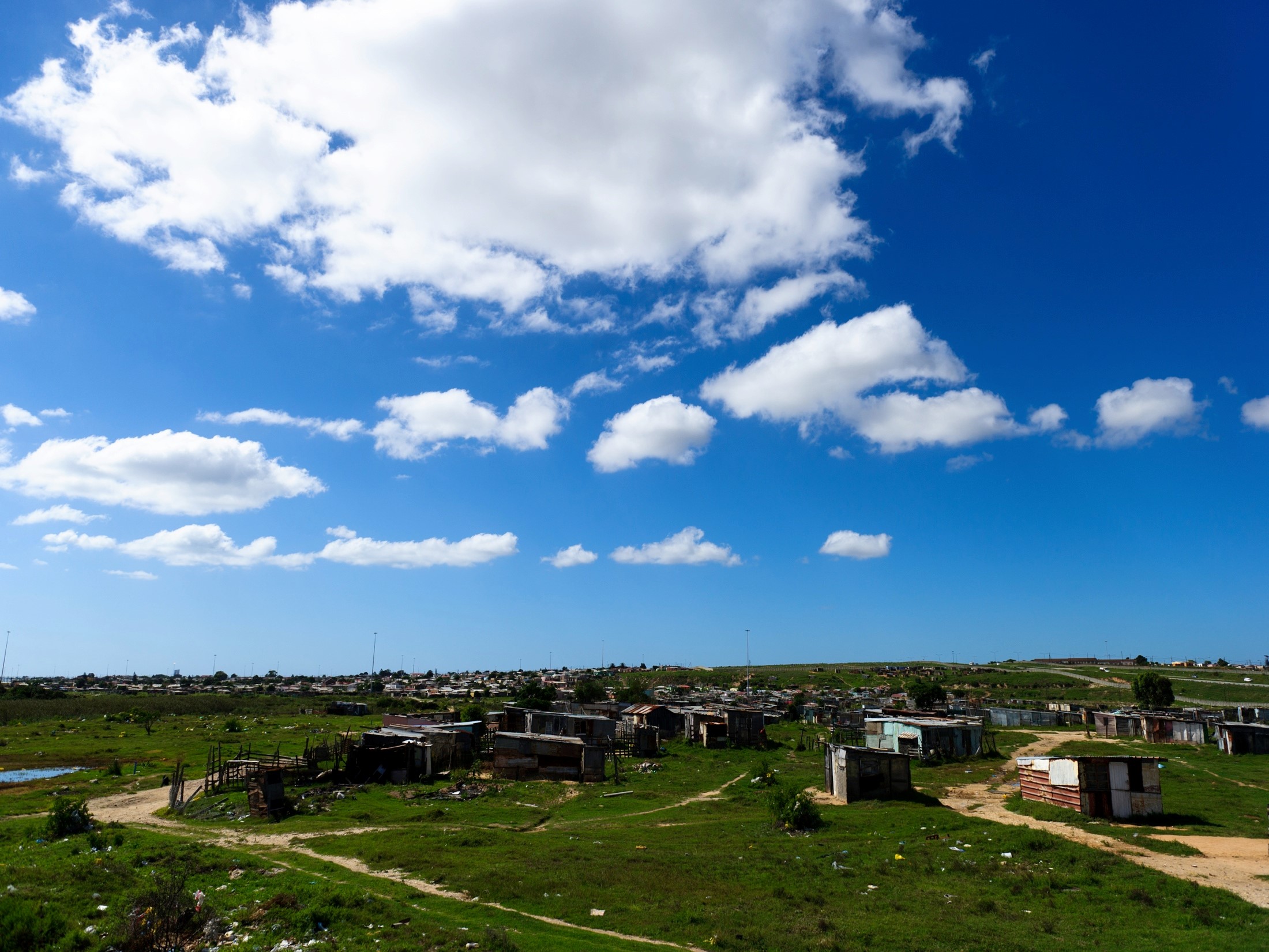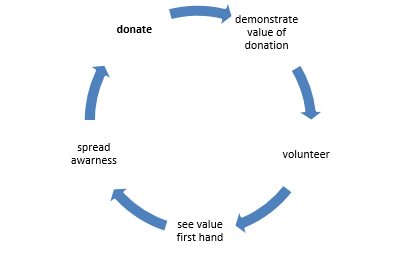Richard Mazzola is a One Young World Ambassador from the USA.
The globalisation of commerce and business has led corporations to establish a presence allowing them to operate in developing nations around the world. The shortcoming of this globalisation? A reluctance to invest in the education systems of the developing nations, in which these organisations operate.
There is no greater example of this than Port Elizabeth, South Africa.
Unemployment in the Eastern Cape hovers at 30%, with youth unemployment at 50%. The Ubuntu Education Fund succinctly describes the impact of this problem:
“Without jobs, people cannot afford even the most basic necessities let alone treatment for HIV/AIDS and tuberculosis (TB), diseases that continue to decimate the population. South Africa, with the highest number of people living with HIV/AIDS in the world, has more deaths from the epidemic than any other country in the world.”
In the face of these statistics, global organisations are often paralysed with uncertainty. How can they help? What will be their net impact should they choose to take action? I would like to share a model I recently applied at Experian to drive change within the international regions in which we operate.
Before you can employ your corporation to take action on these alarming statistics – it is important to engage your stakeholders internally.
Let’s take the Port Elizabeth example, we know that youth unemployment was at 50%. So how does that affect Experian? Experian’s largest business, consumer credit, is significantly impacted by financial literacy and discretionary spending. To put it simply a high unemployment rate will be detrimental for business. The following point is essential however: social change and big business should not be mutually exclusive (See Blake Mycoskie from Toms for an excellent example).
But we need to dig deeper. Why is the youth unemployment rate over 50% when the nation’s growth rate per year is 3.2%?
Unfortunately the demise of the education system in Port Elizabeth is largely down to the struggle to recuperate from apartheid rule. The root cause of the slump in the education system is simple: children do not have ample opportunity for education and lack the essential school provisions they need to thrive. However there is a solution and at a low cost!
[[[image-2 large]]]
I soon realised providing educational supplies to students in developing countries was vastly scalable without diminishing returns. With this in mind I eagerly embarked on attempting to solve this problem. I attempted to run drives in which employees could donate school supplies and necessary provisions, these supplies would go on to be shipped to areas in the country in dire need of them.
The drives succeeded in engaging employees and creating a sense of social responsibility, however the shipping costs were proving problematic and they outweighed the cost of the supplies donated. To mitigate this cost I found that partnering with existing non-profits created a more realistic model which could leverage the existing supply chain and relationships within the community.
To execute this model, Experian partnered with the Ubuntu Education Fund to ensure a strong community presence in Port Elizabeth. They sought to maximize the utility of the supplies donated by decreasing costs related to the donation itself.
With this model in place Experian were able to donate $15,000 to Ubuntu and influence their existing relationships to distribute school uniforms, stationery and study materials to the children who would otherwise go without.
Now, this was a fantastic achievement but historically these types of donations create a low impact within the organisation, fail to drive awareness and truly spark social change. To ensure we did not waste this opportunity we implemented a new model to follow:
[[[image-3 native]]]
As you can see from the model engagement is imperative to spread awareness and initiate repeat donations. Engagement is most powerful when employees are involved with the impact of the donation firsthand and volunteer alongside the children that the donation directly supports.
With this model in mind, Experian Data Quality, a business unit of Experian donated $25,000 to send 5 employees to Port Elizabeth South Africa on 17 November 2014 to witness the value of investing in the education system. Our goal is to reform employees’ perception of the education system in South Africa; challenging them to become proactive and strive for social change. Our goal is not only to inspire the employees but most importantly spread awareness – to demonstrate to multi-national organizations that education is and will always be the keystone to a healthy, profitable business environment.
Challenge yourself and your organisation to look at the countries you operate in and ask a question; what would it take to make revolutionary change?



